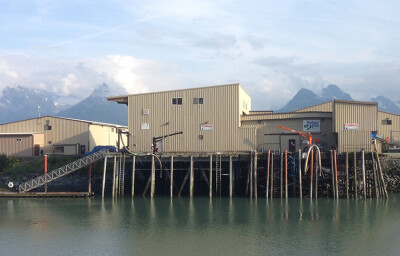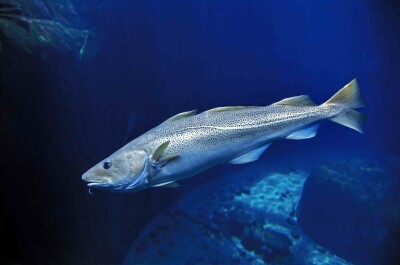Carrie James' story ought to sound familiar: She grew up in a small town on the Alaskan coast, fishing for salmon the way her Haida and Tlingit ancestors had for generations. She taught her children, two boys and a girl, how to catch, smoke and put up the fish. And then, as with so many other salmon-based tribes, plans for upstream development began to threaten her way of life.
But unlike some Pacific Northwest tribes, which have lately negotiated with hydroelectric companies to repair some of the damage caused by dams — or tribes in Alaska's Bristol Bay, which at least have the Environmental Protection Agency on their side in the fight over Pebble Mine — James has felt powerless in her effort to stop a handful of mines from being dug in the headwaters of rivers that feed her tribe and economy. That's because the headwaters aren't in Alaska. They're in Canada.
Over the last decade, the Canadian government has expedited a mining boom in western British Columbia by rolling back one environmental regulation after another. The Navigable Waters Protection Act, for example, once protected more than a million Canadian rivers and 32,000 lakes. As of 2012, that number was down to just 66, leaving some of British Columbia's wildest, richest and largest rivers exempt from environmental safeguards.
Read the full story at High Country News>>
Want to read more about Bristol Bay salmon? Click here...






